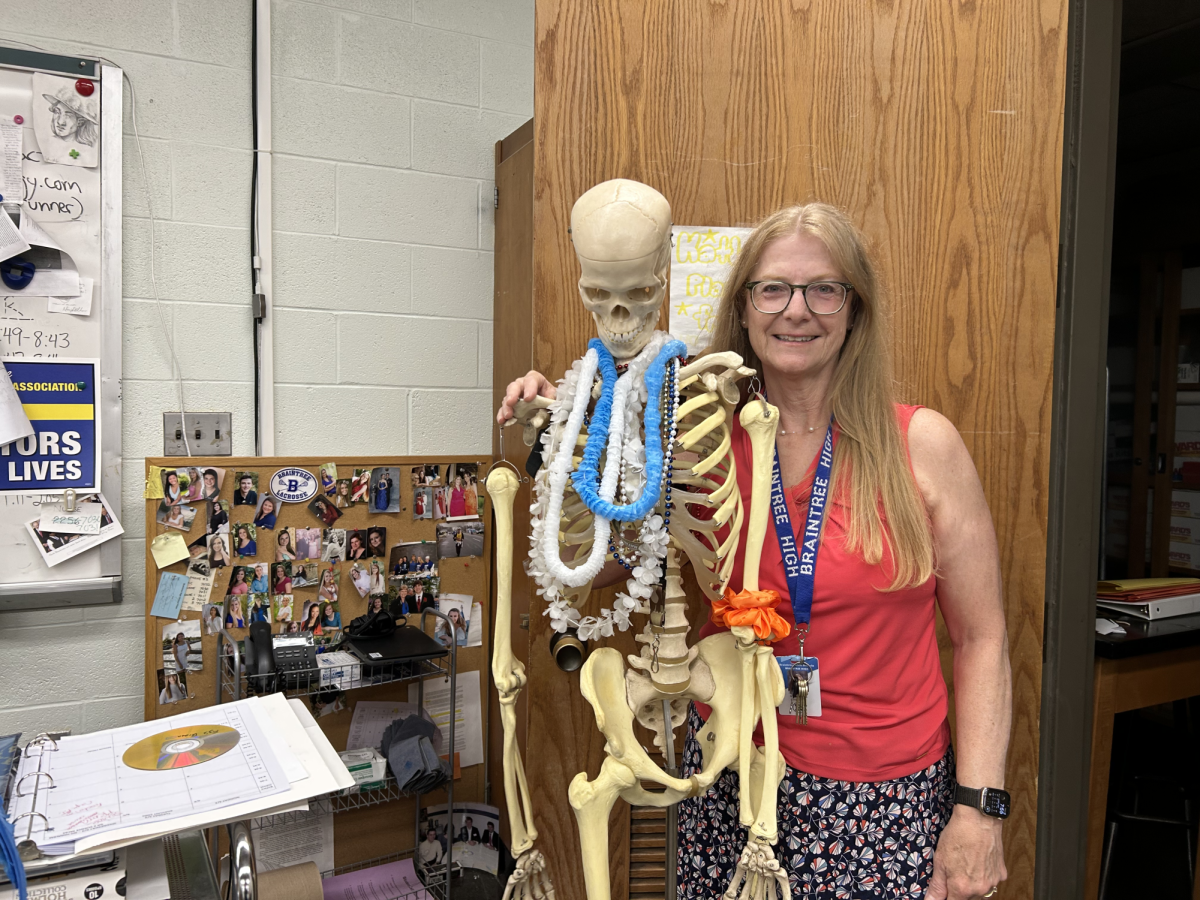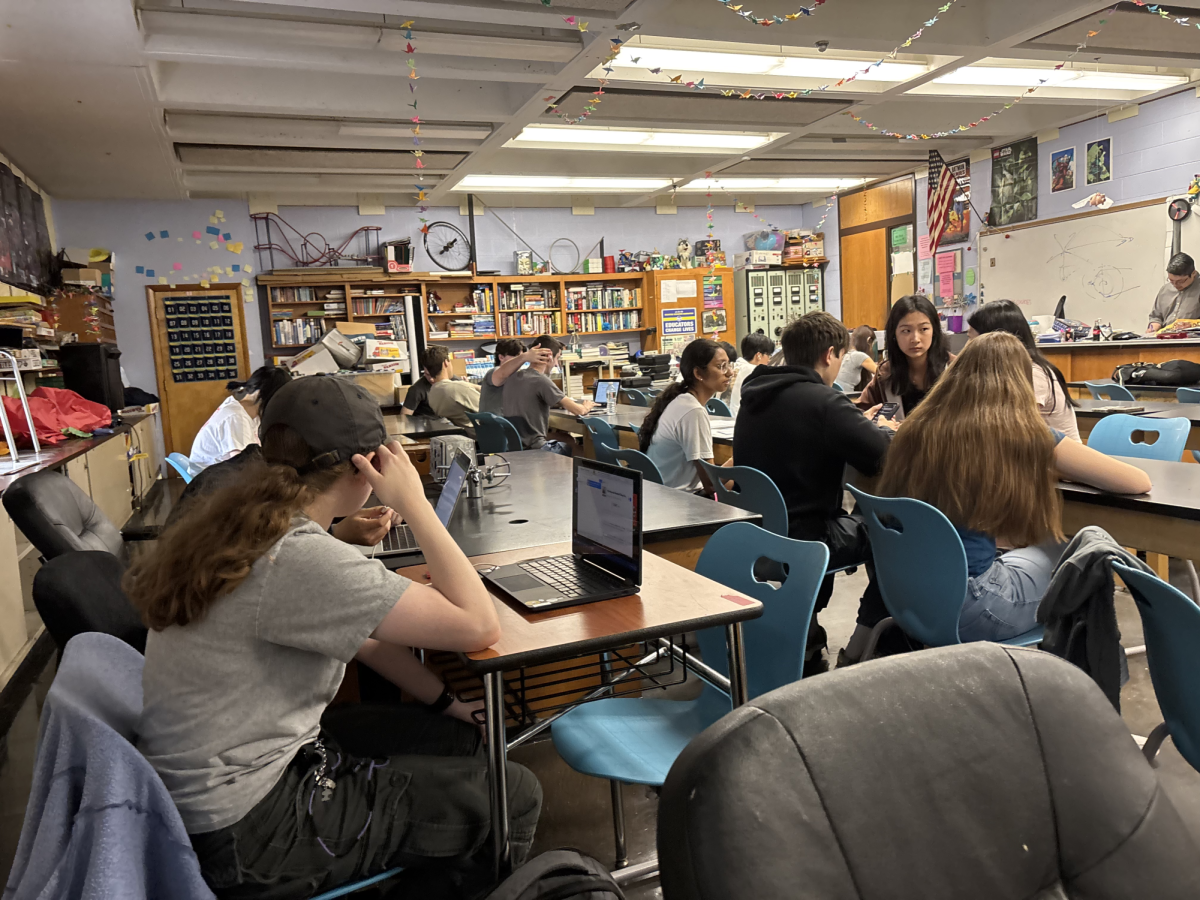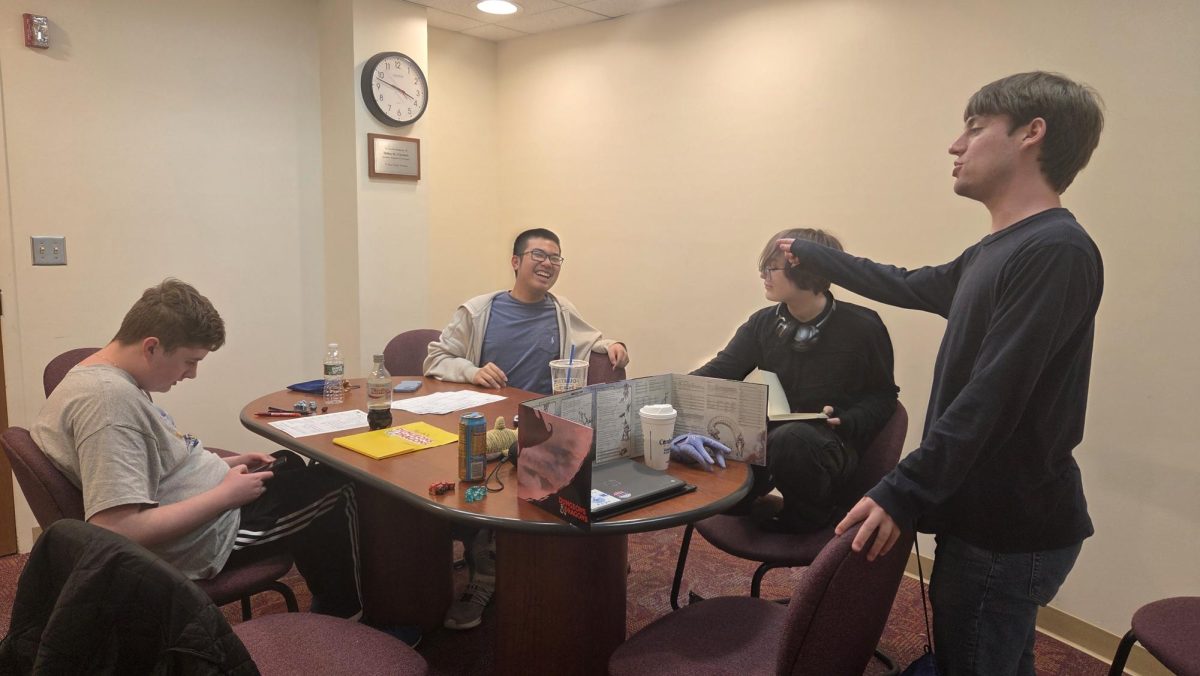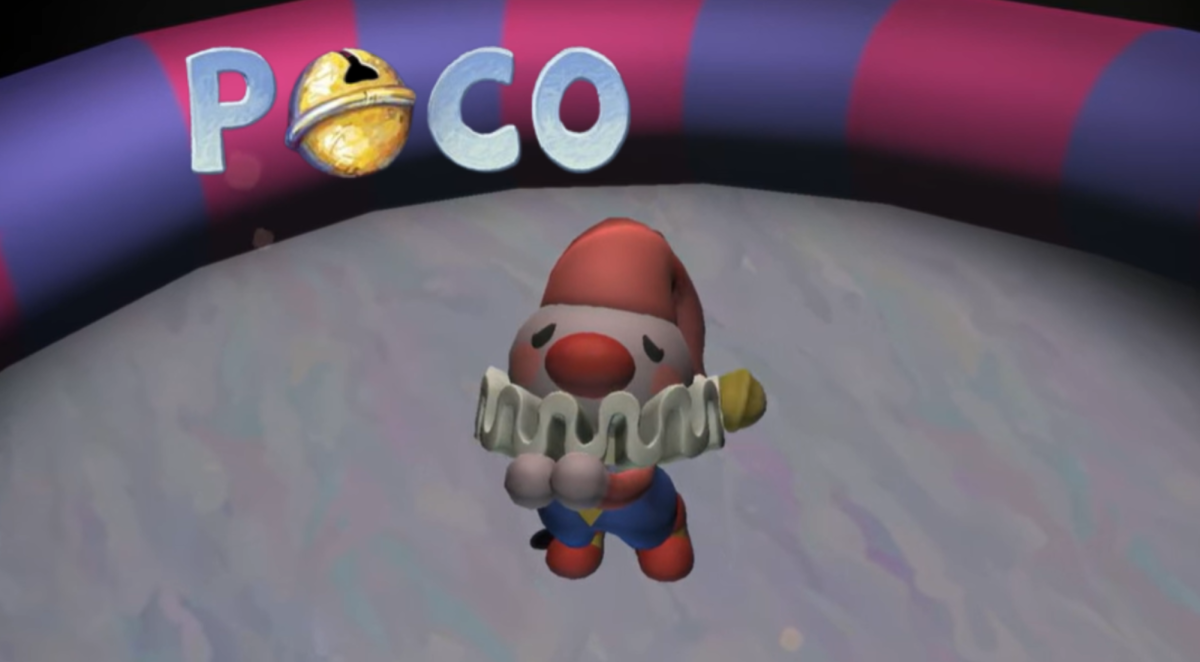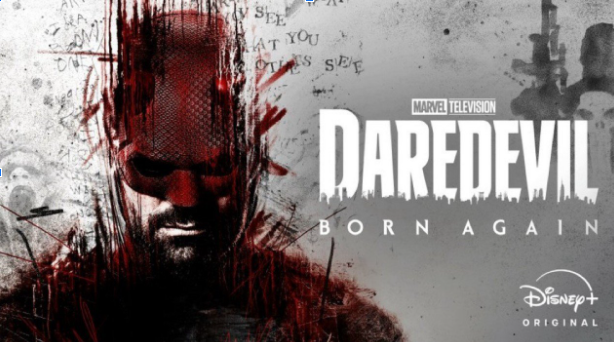Jackson’s We Have Always Lived in the Castle and the Rationale of the Other
September 30, 2021
Shirley Jackson, an American horror writer, was one of the most influential authors of the 20th century. An author of six novels and over two hundred short stories, modern horror fans have her to thank for writers like Stephen King and Neil Gaiman. When one thinks of her writing, the first thing that probably comes to mind is her ultra famous short story The Lottery, which is the most anthologized short story in American history. In her work, Jackson depicts the societal phenomenon of otherization, a process in which groups are dehumanized, villainized and actively excluded, through horror and gothicism. The concept of the Other as a group has been applied all throughout world history — it has been used to justify genocide and other horrendous policies and action.
But the way that Jackson tackles the Other is interesting. While it is an underlying theme throughout the entirety of her work, her last novel We Have Always Lived in the Castle takes the concept to its extreme. In it, she questions the impact otherization, and more broadly the non application of “humanity”, has on the psyche and morality.
For a brief synopsis, Castle is told from the perspective of Merricat Blackwood, an eighteen year old girl who lives with her sister, Constance, and her ailing Uncle Julian. Six years before the novel takes place, all other members of the Blackwood family were killed in an arsenic poisoning. Constance is assumed to be the murderer, as she did not have the sugar the arsenic was put in and Merricat was elsewhere, but is acquitted. The townspeople already resented the Blackwoods for unspecified reasons which leads to the family isolating themselves to their acres of land (besides Merricat who goes to get basic supplies and puts up with the townspeople). Merricat is extremely superstitious and protective of her family, and senses something bad is about to happen when a book that she nailed into a tree falls off. This is confirmed when Charles, the distant cousin of the Blackwoods, makes a visit and starts to take totalitarian control over the household. Constance submits to this, beginning to think that she should have become more involved in society for her little sister, but Merricat resents him so much that she burns down the home, causing a heart attack that kills her uncle.
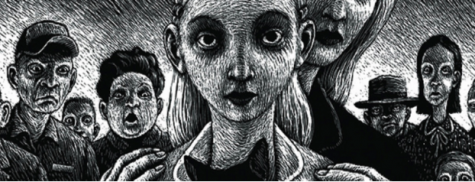
During the fire, the tow raid the home and harass the sisters until they run away to Merricat’s hiding place by the river, where Constance finally recognizes that Merricat committed the Blackwood murders. They come back to their home, the roof and second floor burned down to resemble a castle, and stay on the first floor indefinitely.
Needless to say the novel leaves a lot unanswered, such as the Merricat’s motive behind the Blackwood murders and the real reason as to why the Blackwoods are so hated by the town. But this makes sense when thinking about the themes of the work.
Merricat does give some reasoning for the murders. In the film, this is attributed to abuse by the father, and there are some hints of that. It would greatly explai
n Constance’s overprotectiveness and Merricat’s apparent sociopathy. But the only reasoning that Constance explicitly gives readers is this:
“‘You never used
sugar.’” (Merricat)
“‘No.’” (Constance)
“‘So I put it in the sugar.” (139)
While this would fit with the interpretation of abuse, I would like to offer a different interpretation that somewhat fits alongside it. Without reading too heavily into it, it appears that the only reason that Merricat committed the murders was because she knew that Constance wouldn’t die. This presentation, without the meta interpretation of abuse, is inherently meant to signal to readers a sort of warped morality, in which Merricat is so obsessed with Constance and only loves her to the point that she is okay with killing anyone besides her. She has an apparent lack of human life, and there is not much sympathy for Uncle Julian. But think about it — after a lifetime of otherization and potential abuse from her father, is it ridiculous to assume that Merricat has begun to adapt her own morality? Is it fair for us to characterize her as sociopathic if the way she lives from society robs her of her humanity anyways? I won’t even go into Merricat’s aggression and disdain for the townspeople as it would be a waste of time. Half of the novel is dedicated to her hatred of them
and violent fantasies about them. But who can blame her? Really?
Jackson’s voiding of information like this throughout the novel could be to leave things up to the interpretation of the reader, which would expand the novel into a meta-mystery of sorts. But if we are already told who did it, where is the mystery? And the way in which the novel is told does not give it much of a mystery to be honest. The reader does not wonder much more about the murders as it would be if the novel was presented in any other way. Personally, I doubt that Jackson would want readers to think about Castle this intensely plot-wise. While it is fun to theorize about the potential things that could have driven Merricat to murder, is that what Jackson wants us gaining from the work? I would not look at the work as just a mystery but rather a commentary. Whether or not we see Merricat as a tragic hero who is torn up by abuse or has some sort of mental incapability to sense emotion, it really doesn’t matter in the end because this novel is all about perspective. The townspeople don’t even know that Merricat committed the murders, as a matter of fact
they sympathize with Merricat with their mocking chants which portray Merricat as denying her sister’s offers for sugar. So I would like to offer a differing perspective, one that sees Merricat as an anti hero, one that is forced by society to make a world of her own.
Merricat constantly talks about the Moon, which to her represents an escape from the world (society) and constantly wishes she could fly her family away where they can be happy. In a way, she finds this world in the end, as the sisters are finally cut off from society, with tourists and townspeople mythologizing the duo and effectively giving them sacrifices.
Is this a sad ending for the work? Kind of? Sure, it is disturbing to us readers, but Merricat finally gets what she wants yet it is still hinted that Constance will be forever unhappy there. But we have to remember whos perspective we are coming from here — would it be beneficial for Merricat to be put back into human society? Probably not. She is so far removed that the best thing for her might be permanent separation as she will never be considered “human” either way, especially with the revelations of her as a murderer.
But perhaps this is a weird way of looking at it. I think that Jackson wants readers to be shocked, to understand Merricats drive, and then to think about how the societal fact
ors made this happen. This separation from society for the Blackwoods is not something that most people can truly comprehend. Jackson takes the family to such an extreme form of ostracization and dehumanization that it is really hard to pinpoint anything. But like most of Jackson’s works, it is hard to understand and relate to the motives, yet it is so apparent at the same time. And personally I think that this makes the novel so great.
Overall, I think it is needless to say that if Castle is not Jackson’s best work, it is definitely a fantastic closing to her bibliography. For most authors, this is a faltering point of untapped potential and repetition, but if anything Jackson finally comes into her own, not only with her style but with compelling social, political and ontological commentary.



